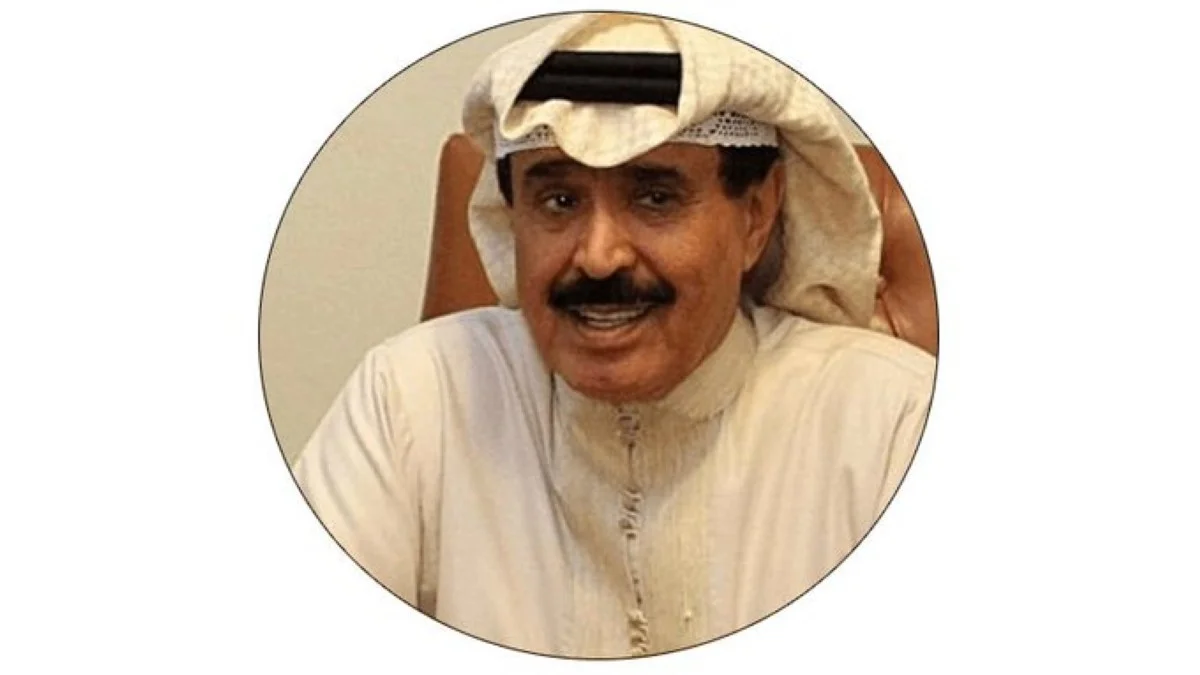17/11/2024
Kuwait
17/11/2024
GREAT leaders are known for closely monitoring all matters, whether big or small, to stay informed about the situation and take corrective actions, when necessary, by issuing clear directives to their officials.
They also recognize and reward hard work, especially when it involves acts of philanthropy.
A prime example of this is young Kuwaiti volunteer Yousef Al-Omran, who was warmly received by His Highness the Amir Sheikh Meshal Al-Ahmad to be congratulated for his outstanding volunteer efforts.
This recognition will not only encourage Al-Omran to continue his contributions but also inspire young Kuwaitis to serve their country in various ways.
Kuwait has been plagued by political unrest for nearly 50 years, which has paralyzed institutions and hindered effective oversight. As a result, neglect grew, institutions became disengaged, and officials performed carelessly. Even youth initiatives were discouraged and lacked support.
This environment led to a lack of motivation for volunteers, as authorities and organizations failed to fulfill their duties, leaving them at the mercy of individual officials.
Consequently, initiative was stifled unless driven by ideological, tribal, or sectarian motives, which were often imposed on institutions due to unpatriotic calculations. Rather than serving the public good, decisions were frequently based on selfish interests or political maneuvering, operating on the principle of "scratch my back, and I will scratch yours."
Sadly, the drawers of the National Assembly and the Secretariat of the Council of Ministers are filled with approximately 400 important pieces of legislation that could serve the nation's interests and elevate Kuwait to new heights. This is just one example of the retrogressive nature of both government and parliamentary work.
Much of this legislation was driven by self-interest, either through issues like naturalization, the negative consequences of which we are witnessing today, or through increased spending aimed at furthering dubious goals.
At the same time, a slogan emerged insisting on not "touching the pockets of the people." While this sentiment was based on the right principle, it was motivated by the wrong reasons. The aim was not to protect the welfare of low-income citizens or those with modest salaries, but rather to increase the wealth of the already rich.
The future of a nation with approximately 62 percent of its population being young people, many of whom have high aspirations to serve their country, cannot be shaped by legislative measures that seek to isolate the country and stifle its growth, to the point of turning it into something akin to Kandahar or Tora Bora.
Unfortunately, there are those who continue to obstruct progress, particularly those who foster favoritism and nepotism in all public sectors. As a result, many small and medium enterprise owners, especially young entrepreneurs, are left with no choice but to migrate to neighboring countries in search of better opportunities.
However, the situation has changed. The major obstacle that once stood in the way, namely, the National Assembly, has been temporarily suspended. Yet, this does not mean that the Council of Ministers can afford to sleep on silk.
There is legislation that needs to be revised and amended to better serve Kuwait and its people. In addition, officials must put in greater effort to inspire young people to work hard and contribute meaningfully to the nation's progress.
His Highness the Amir Sheikh Meshal Al-Ahmad’s reception of the young volunteer is a clear indication that Kuwait and its citizens are always under His Highness the Amir's watchful eye.
Our Amir, being the leader of the nation, is the epitome of leadership, and his role as the head of the "rescue mission" sets a powerful example for all officials to follow.



